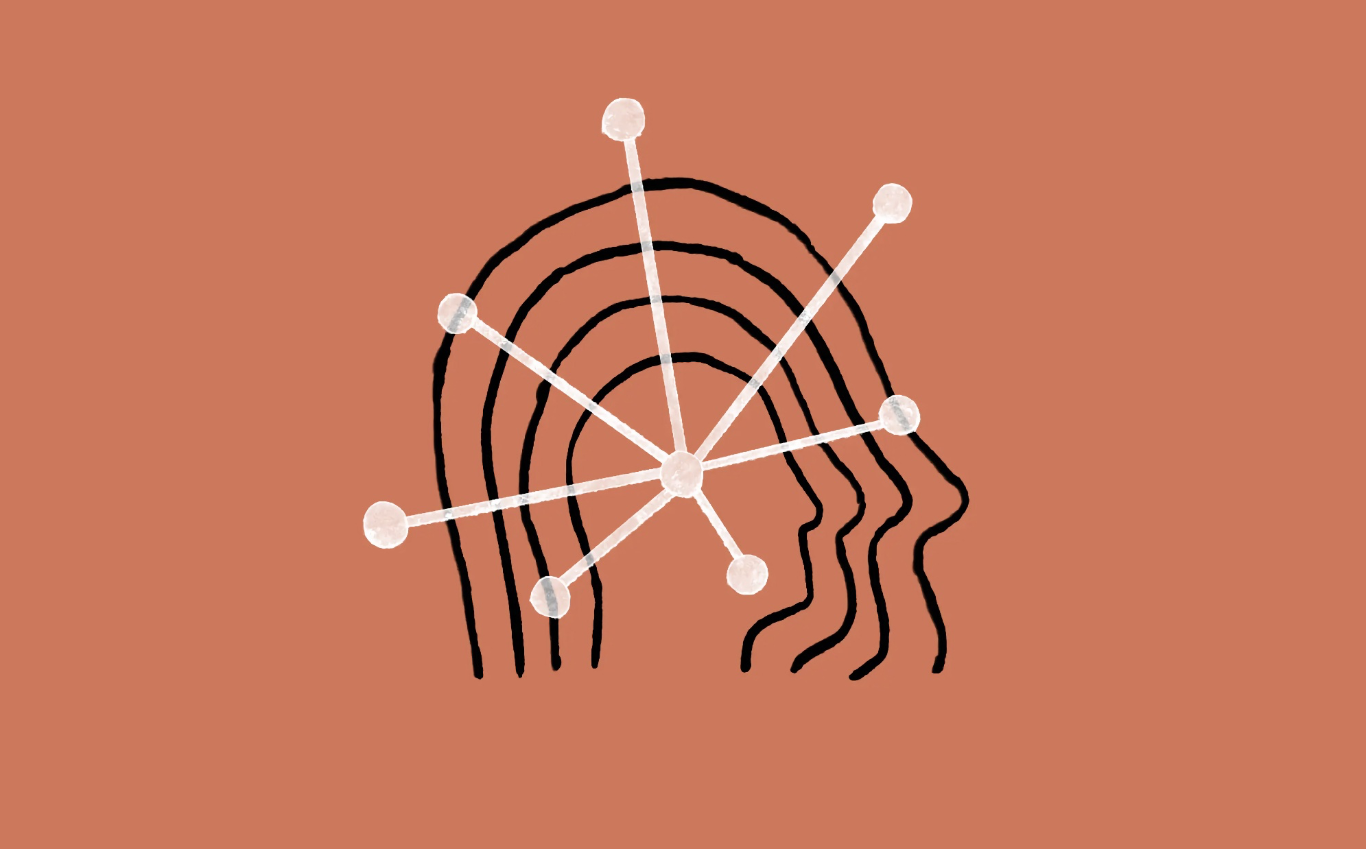Do you believe? Ethereum is a technology that can change the rules of the game.
The previous answer was usually “world computer”, but despite some interesting examples, it was difficult to answer this question on a more abstract level.
I suggest that one of the answers given is:
Ethereum is an arena for collaborative games like never before. Moreover, Ethereum is a powerful economic carrier that we don't know yet.
The premise assumes the lack of external authority to enforce the rules. Non-cooperative game theory is the most extensive branch of game theory. Regardless of whether the game can enforce agreements between players, in theory, I think Ethereum is a clean, omnipresent external supervisor. This means that in theory, Ethereum can turn any non-cooperative game into a collaborative game (sometimes called a league game).
- Why does cryptocurrency spread like a virus?
- The interesting step of "walking to make money" is a pyramid scheme that is draped in a blockchain coat?
- New play ILO, fancy airdrops in the currency circle?
The transition from non-cooperative games to collaborative games is achieved through Game Warping technology, which we define as using transparent, triggerable, inevitable burning and sidechain payments to promote game theory balance or create new player behavior. Game Warping as a new layer for non-cooperative games makes collaboration a rational choice.
Example 1: Prisoner's Dilemma
*Prisoner's dilemma is a special game between two arrested prisoners, explaining why it is difficult to maintain cooperation even when cooperation is beneficial to both parties.
The most famous problem in game theory is the prisoner's dilemma, which is a typical example of a non-cooperative game in which a rational strategy puts the player in the worst state. In Ethereum, I will not deceive you, the prisoner's dilemma becomes a cooperative game. Suppose players A and B want to do something naughty. But before the action, they each deposited a million dollars (a practical token worth 1,000) into a smart contract, which stated: "If I post a problem message, my million dollars will be destroyed." Since the smart contract is in place, as long as the police provide no more than one million dollars, the rational prisoners will choose to cooperate.
In the initial prisoner's dilemma, rational players will betray. However, after the payment matrix is reversed to a new equilibrium, rational participants will cooperate. See below.

Example 2: Hunting Deer Game
* The Deer Hunt Game, also known as the Stag Hunt Model, is a story from the enlightenment thinker Rousseau's book "On the Origin and Foundation of Human Inequality."
Deer hunting game is a model of cooperation mode. Suppose there are two hunters who choose to hunt a buck or a rabbit. The biggest reward is that both sides are chasing the Bucks (successful hunting of the Bucks requires two hunters to work together). But hunting the Bucks is also a risky strategy, because if a hunter chases a rabbit, then the hunter who goes after the Bucks can't get anything, and the safer choice is the guaranteed return of the hunting rabbit.
The expected change is the same as the prisoner's dilemma. Each hunter will deposit a large amount (a practical token of value 1000), and if the hunter chases the rabbit, it will be burned.

Example 3: Eating Chicken Game
Not only the team's interests, but players can also reverse the game to gain a competitive advantage. Take the chicken game as an example. There are two players A and B, and two moves to Swerve and Straight Straigh. When you move out of the Swerve option, another player's rational judgment is good for you. By creating a chain deposit contract, make sure you don't move to Swerve. This is equivalent to telling other players that you are a qualified teammate and will never turn. This is an Ethereum utility, equivalent to "public throwing away the steering wheel."

Example 4: Reverse the game of other players
Not only can you reverse the benefits of your game, you can even reverse the non-participating game through threats, and then profit. This kind of extortion is obviously not recognized, but we have listed it as a derivative of smart contract technology. In Bono & Wolpert's paper, the third player C knows that players A and B are about to play games (and their matrices). With Ethereum, C can create smart contracts in clear views of players A and B. This newly created contract stipulates that unless A pays, the contract will send a large payment to B, provided that B performs a competitive action against A. In essence, Player C stimulates B to compete against A to blackmail Player A by identifying sexual threats.

caveat! Ethereum payment and destruction can only be triggered by chain trading. This is obviously a limitation. For example, in a prisoner's dilemma, if a prisoner does not have a chain broadcast, there may be problems, then the player will avoid this million dollar destruction. The relevance of side channel (offline) communication will vary from case to case. But the less offline interaction between players, the more likely the game will be reversed. The biggest contribution to this field will be to discover the necessary deterministic properties in the game, broadcast on the chain, thus ensuring the player's movements.
It is also important to note that in order to gain revenue and change the game, the recipient must discover that a change has occurred. More precisely, changes are accustomed to. This restriction on anti-social contracts can be a blessing.
What did Ethereum change? Technically, game reversal does not require smart contracts. However, the important advantage of the Ethereum Smart Contract is that it is difficult to find a reliable and impartial judge because of the jurisdiction or matter of your location. In addition, Ethereum (or other smart contract platforms) makes all game changes more practical by providing definitive, non-dead, inexpensive and expedient rulings.
As a result, the framework provides the process for generating an Ethereum startup. For example, people can:
1. Read classic game theory textbooks.
2. List all common non-cooperative games.
3. By conditional payment or deposit destruction, see how much cooperation can produce a better balance than the original Nash equilibrium.
4. Explore the important industries in which these games appear.
5. For each industry, determine if player behavior can be an event on the chain. Then for each industry produced,
6. As a ConsenSys speaker, submit a start-up proposal.
Https://medium.com/@virgilgr/ethereum-is-game-changing-technology-literally-d67e01a01cf8
Author: Virgil Griffith, well-known hacker and developer Square Ethernet
We will continue to update Blocking; if you have any questions or suggestions, please contact us!
Was this article helpful?
93 out of 132 found this helpful
Related articles
- Introduction to blockchain | Explain the problem of General Byzantine and the principle of mining with the Romance of the Three Kingdoms
- Blockchain Friends | Dozens of hardcore practitioners, chat for 4 hours, what do they say?
- Exclusive Compilation | Can Bitcoin enter the mainstream financial market with exchange-traded funds (ETFs)?
- Nestlé and Carrefour announce that consumers can access product data via blockchain
- French Finance Minister: Do your best to support blockchain technology innovation and let France take the lead
- Blockchain and games | IPFS's God-level application lies in the game?
- BMW and Mercedes-Benz have frequent rights protection, can blockchain technology be solved?






